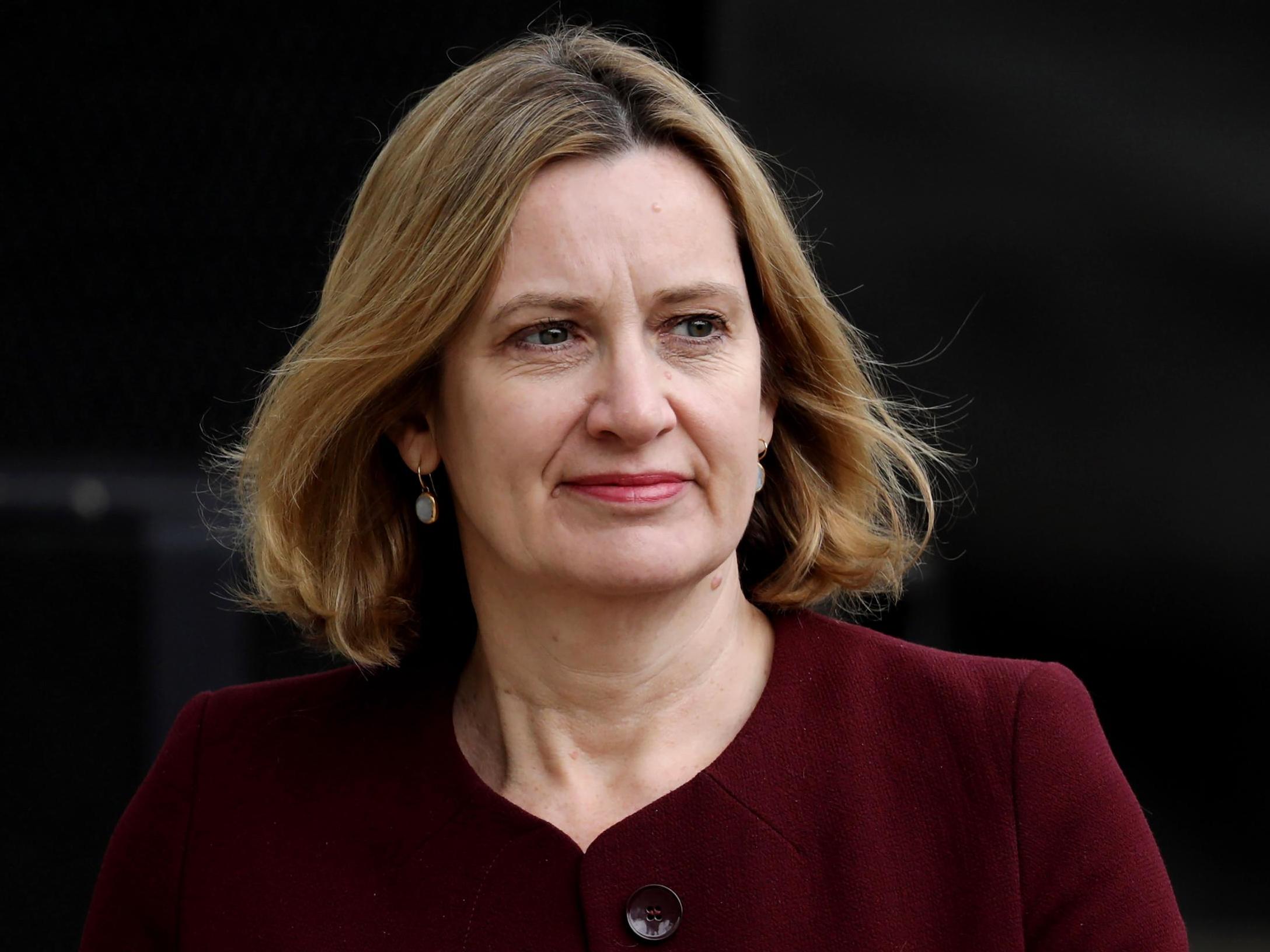Government makes dramatic U-turn on plans to expand ‘cruel’ two child policy
‘You could not design a policy better to increase child poverty than this one’

Your support helps us to tell the story
From reproductive rights to climate change to Big Tech, The Independent is on the ground when the story is developing. Whether it's investigating the financials of Elon Musk's pro-Trump PAC or producing our latest documentary, 'The A Word', which shines a light on the American women fighting for reproductive rights, we know how important it is to parse out the facts from the messaging.
At such a critical moment in US history, we need reporters on the ground. Your donation allows us to keep sending journalists to speak to both sides of the story.
The Independent is trusted by Americans across the entire political spectrum. And unlike many other quality news outlets, we choose not to lock Americans out of our reporting and analysis with paywalls. We believe quality journalism should be available to everyone, paid for by those who can afford it.
Your support makes all the difference.Government plans to expand rules that stop families claiming benefits for more than two children were scrapped on Friday, Amber Rudd announced in her first major speech as work and pensions secretary.
Just hours after the release of a damning report into the planned expansion, which would have cut benefits among families whose children were born before the policy was even devised, Ms Rudd said that the move would not be “right”.
The policy, brought in in 2017 and which affects the child element of the already highly controversial universal credit, is designed to influence family planning decisions. But since its introduction critics have warned that the two-child limit is so damaging that it could breach fundamental human rights commitments.
Until this month the two-child cap had only included those children born since the policy’s introduction in April 2017. Until today, that cap had been due to be extended in just three weeks’ time to include all children regardless of when they were born.
The change of heart means that all children born before April 2017 will continue to be supported by universal credit – significantly altering the financial fate of around 15,000 families a year.
The U-turn anticipated the release this morning of findings from an investigation into the two child policy by the Work and Pensions Select Committee – the group that examines the policies and actions of the Department for Work and Pensions.
The committee’s report had called for the government to abandon the expansion as a matter of urgency because of the harm it could do to the nation’s poorest families.
Commenting before the U-turn was announced, the committee said that applying the rules retrospectively would entirely undermine the government’s assertion that the two-child limit is designed to influence family planning decisions because the children had already been conceived and born.
Speaking before Friday’s announcement, Frank Field, chair of the Work and Pensions Select Committee, said: “What on earth were they thinking? There are serious concerns about this policy as a whole, but the retrospective element is simply inexplicable.
“The government claims this policy is about fairness, but it’s hard to think of anything more unfair than taking money from families whose children were born before the policy was even thought of.”
Policy in Practice, which designs public policy development and implementation, predicted that, had it remained in place, the plan to expand the two-child limit would have led to 266,000 additional children living in poverty by the end of this parliament.
The move alone would have increased the levels of child poverty in the UK by more than 10 per cent and another 256,000 children already living in poverty would have fallen further into deprivation as a direct result of the expansion.
In evidence in parliament the Child Poverty Action Group stated that “you could not design a policy better to increase child poverty than this one”.
Upon taking office as the secretary of state for work and pensions in November last year, Ms Rudd wrote an open letter describing her vision for a welfare system that “represents the best of British values and has women and children at its heart”.
But the committee’s report heavily criticises fundamental elements of the existing two-child policy as it will remain.
When the policy was announced in 2015 a broad coalition of religious leaders described it as “fundamentally anti-family” owing to its likely impact on abortion rates and family stability. A couple might choose to split up to avoid the limit, the report warns, or two people may decide against coming together if they have more than two children between them.
The policy has a particular impact on couples who have conscientious or religious objections to birth control or abortion or for whom larger families are a tenet of faith, with particularly severe implications for certain faith communities. The committee also heard that it may breach a litany of human rights commitments including the fundamental human right to a private family life.
Meanwhile, the so-called “rape clause” – an exception that allows a third or subsequent child to receive benefits if their mother can “prove” that they were conceived non-consensually or under coercive control by their father – has been widely criticised.
Apart from the process of “proving” the case for the exception, the rarity of exceptions to the policy means it is easy for anyone, including the child themselves, to work out the circumstances of their conception.
At the same time, the “coercion” exception does not apply unless mother and children have managed to escape the abusive relationship: an extremely difficult and dangerous process.
Two women still die every week in England and Wales at the hands of their current or former partner.
Join our commenting forum
Join thought-provoking conversations, follow other Independent readers and see their replies
Comments